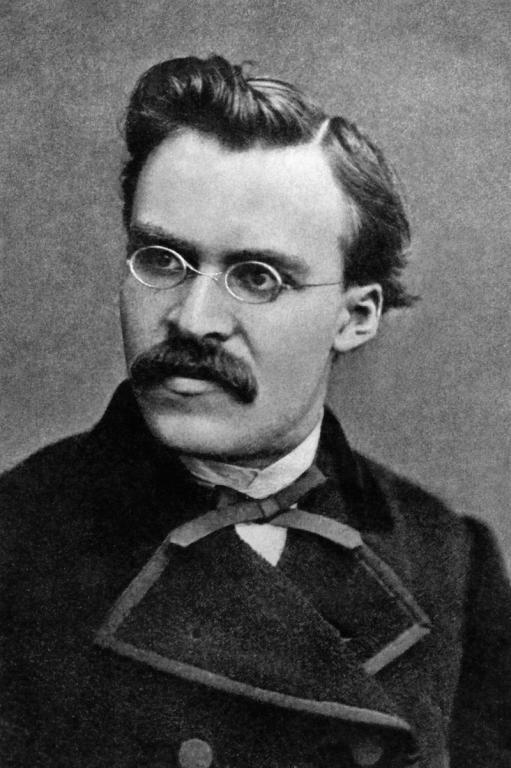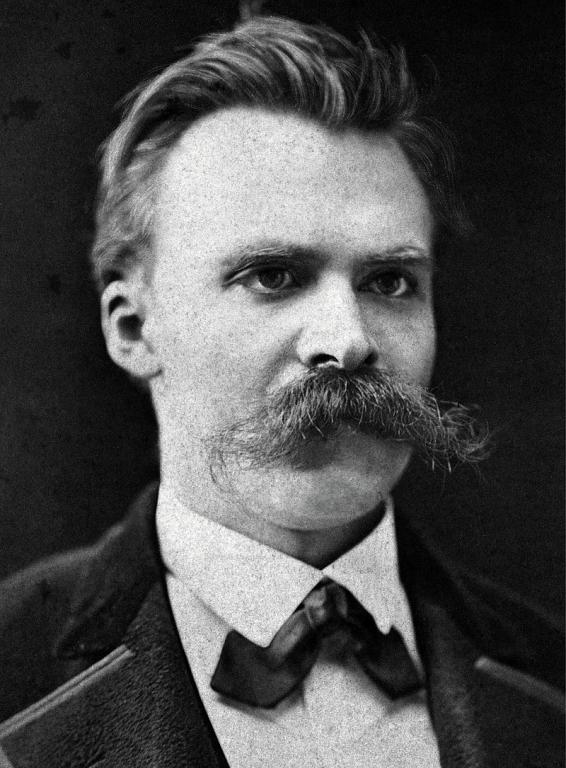There are two different ways to learn the material in my business ethics classes. In one sense, to pass my classes my students must be able to define illegal insider trading, know the nuts and bolts of the Sarbanes-Oxley law, and understand how to avoid marketing fraud. But no matter how great their propositional understanding of these ideas, they still have a choice of whether or not to become moral businesspersons. This is because there is a second, different way of knowing business ethics. At its heart is the question of whether or not they are going make the principles of business ethics their own. I can tell my students all semester long how to make moral business choices. But they alone at the end of the day are the ones who know whether they are going to make those choices. Theirs alone is that knowledge of the heart which is different than merely knowing about business ethics. To choose to be ethical businesspersons is for them to be willing to personify the principles of business ethics as their own: “I don’t choose just to know these principles factually. Instead I choose to invite them into my day-to-day life.” This secret, second knowledge is a distinctively relational knowledge: a personal familiarity and an emotionally meaningful encounter with the material.

In business, both propositional and relational kinds of ethical knowledge are important. To possess either in the absence of the other would be to damage one’s business efforts – whether one’s ability to connect to a customer, or to honor a supplier contract, or to abide by governmental legal regulations. One must know what the right thing is in a propositional sense, in order to be able to do it. Moral businesspersons must know how to assemble a forthright and honest company balance sheet. But moral businesspersons must also know the right thing in a relational sense as well. They must invite ethical business principles into their lives in a way that is familiar and more than merely a factual assembly: “Even though in the short term my bottom line might be hurt by it, I still will treat my customers with dignity and respect.”
As it is with business ethics, so also it is with persons. Propositional knowledge and relational knowledge are two different ways of encountering people. English has only one word for knowledge. But in French there are two words: propositional knowledge is ‘savoir,’ and relational knowledge, ‘connaître.’ In Spanish, propositional knowledge is ‘saber,’ and relational knowledge, ‘conocer.’ In German, propositional knowledge is ‘wissen’ and relational knowledge, ‘kennen.’ It is possible to know a set of propositions or facts about a particular girl or guy before you go on your Saturday date. But the point of the date is to know them in a way that is more than merely factual. Your aim is to acquire a familiarity with their character and to connect emotionally with their person. In dating, both kinds of knowledge are important. Without a propositional knowledge about his past life choices, you will be blindsided when, in marriage, he reveals he’s thousands of dollars in debt. But your interactions with her will likewise feel stale or empty if you do not know her emotions and opinions in a way that is relational.
Christians teach that God is a person and that he can be known as a person. Central to a flourishing spiritual life is the quest to know God. One should seek in one sense to know propositional facts about God: that he is three persons in one, that he is omnipotent, and that he is a creator. Such information can be known in the same way that I can know of the principles of business ethics. But in another sense, one should seek also to know God as a person. To lead a flourishing spiritual life one must seek also to know God familiarly, as in a relationship. In spiritual matters, both knowledges are essential.












